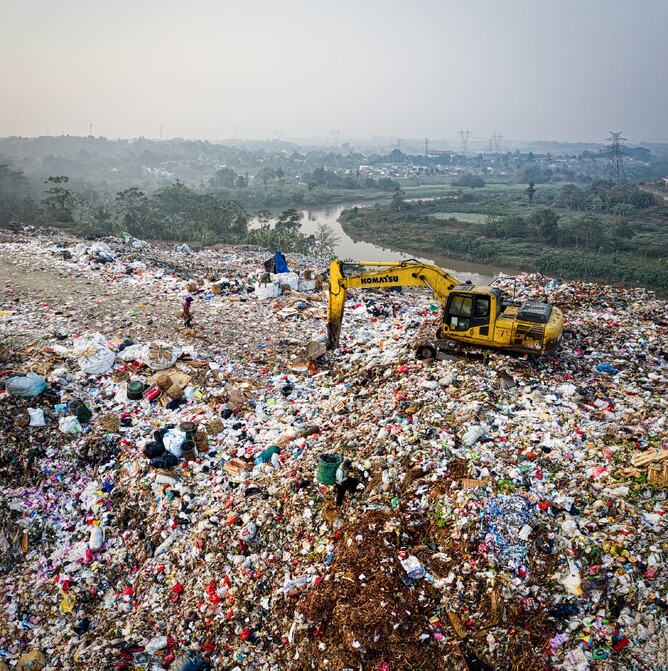Organic waste, such as food scraps and yard waste, is a major contributor to landfills in New Zealand. While landfills are often seen as a necessary component of waste management, the presence of organic waste in landfills can have serious negative impacts on the environment and public health. In this blog post, we will explore why organic waste in landfills is bad and the importance of finding sustainable alternatives.
Methane Emissions: Organic waste in landfills contributes to the production of methane, a potent greenhouse gas that is a major contributor to climate change. Methane is produced when organic waste decomposes in the absence of oxygen, a process known as anaerobic decomposition. Methane is estimated to be 28 times more potent than carbon dioxide as a greenhouse gas, making it a significant contributor to global warming.
Leachate Contamination: Organic waste in landfills can also contribute to the contamination of groundwater and surface water through the production of leachate. Leachate is a toxic liquid that is produced when rainwater mixes with waste in landfills. Leachate can contain a range of pollutants, including heavy metals, pathogens, and organic compounds, which can have serious negative impacts on public health and the environment.
Land Use and Space Limitations: Landfills take up a significant amount of space and can be a major source of land use conflicts. In addition to the physical space required for landfills, they can also have negative impacts on property values and the aesthetic value of surrounding areas. As land becomes scarcer and more valuable, finding space for new landfills can become increasingly challenging.
Missed Opportunities for Resource Recovery: Organic waste in landfills represents a missed opportunity for resource recovery. Organic waste contains valuable nutrients that can be used to improve soil health and support the growth of healthy crops and plants. By diverting organic waste from landfills and using it for composting and other sustainable solutions, we can create a closed-loop system that supports the growth of healthy food and reduces the need for synthetic fertilizers.
In conclusion, organic waste in landfills is a major environmental and public health concern in New Zealand. The production of methane, leachate contamination, land use conflicts, and missed opportunities for resource recovery all highlight the negative impacts of landfilling organic waste. By finding sustainable alternatives such as composting and vermiculture, we can reduce waste, improve soil health, and create a more sustainable future for New Zealand. The need for sustainable waste management solutions has never been more urgent, and it is up to all of us to take action to reduce our environmental impact and protect our planet for future generations.



